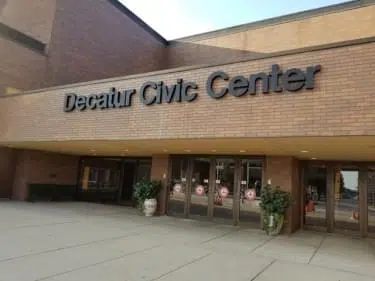May 7th, 2020- Local governments in Illinois can expect to see up to 30 percent declines in shared revenue from the state because of the COVID-19 pandemic.
Illinois Municipal League Executive Director Brad Cole said municipal governments in Illinois get a variety of money from state taxes, such as motor fuel taxes, a share of the state’s income tax, and a share of sales tax revenue, but less is expected because of the pandemic.
“Communities across the state have been worried about their revenues because of the closures of the businesses and then also the unemployment that has increased and so people are not earning an income which means they don’t pay income taxes,” Cole said.
The Illinois Municipal League analysis of the impacts on local governments estimated between 15 and 30 percent less for local governments from the state from the various shared revenues. That could lead to local cuts.
“And the likely reduction for a long period of time going forward, municipalities are going to be looking at cutting programs and services and are going to be forced to look at cutting personnel,” Cole said.
The financial pressure will be even greater for smaller communities that don’t have the taxing authority larger cities have carved out in state law, Cole said.
“The revenues that we’re projecting that are going to be decreasing anywhere from 15 to 30 percent are distributed on a per capita basis,” Cole said. “So they will impact the large cities the same as the small cities. Where the small communities have an additional problem is they don’t have any other sources of income, mostly around sales tax.”
Cole said there needs to be an emphasis on full funding for local governments to ensure core services closest to taxpayers are maintained.
Gov. J.B. Pritzker said he and members of Illinois’ Congressional delegation have been pushing for funding from the federal government to plug such revenue holes. Some Republicans, like U.S. Rep. Rodney Davis, R-Taylorville, have said they want to make sure any such federal funding goes directly to local governments.

